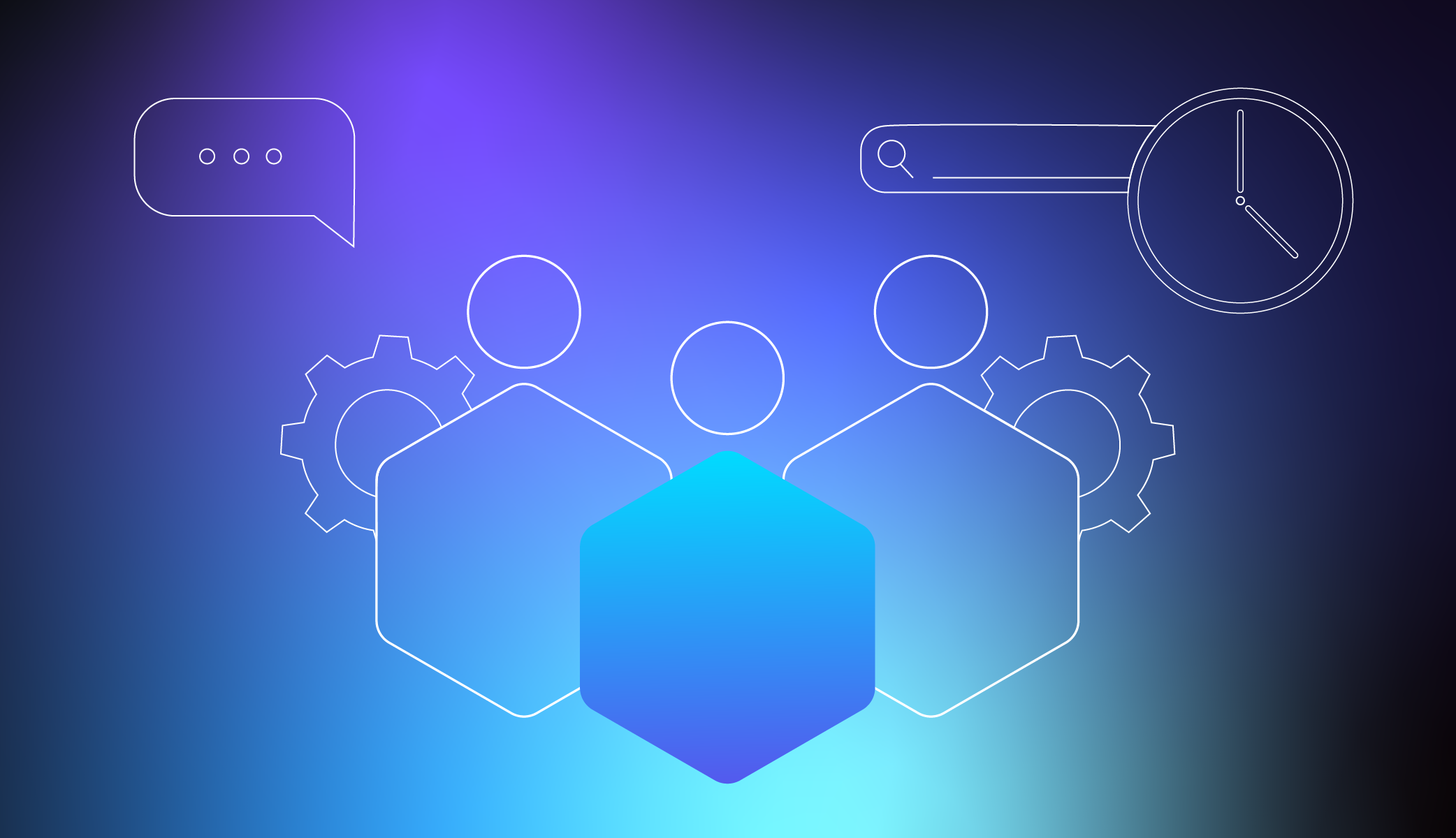Nearly a decade ago, my journey at TeleSoftas began as a junior mobile systems QA. My learning came directly from developers, which laid a strong foundation, but I soon realized I needed more specialized knowledge to excel. TeleSoftas supported my growth by providing access to courses, workshops, and conferences that transformed my skill set.
Read the full story of Ieva.
#1: How did your journey in TeleSoftas begin, develop and lead you to where you are today?
My journey at TeleSoftas began nearly 9.5 years ago while I was still studying. I joined as a junior mobile systems QA, which was an exciting but challenging role for someone new to the field. At that time, the QA team was small, and no one in the company was specifically testing mobile apps. I had the opportunity to learn directly from the developers, who took the time to onboard me and guide me. This hands-on learning experience was invaluable, but after a while, I realized that learning only from developers was not enough.
Recognizing this, TeleSoftas supported my growth by sending me to courses, conferences, and workshops where I could learn directly from experts in the field. I also dedicated a lot of my time to expanding my knowledge and improving my skills in mobile QA. As I continued to develop professionally, I advanced naturally within the company, progressing to more complex projects. This “going with the flow” approach has now led me to my current role as Delivery Manager for the Kurt König project.
Each step in this journey taught me something valuable, and I’m grateful for the growth and opportunities TeleSoftas has provided along the way.
#2: How do you approach personal growth in your career? Can you share an example of how you’ve aimed high to make a difference?
I’ve always approached personal growth with a strong desire to learn and improve, and I’ve pursued it in many ways—through online courses, QA meetups, conferences, workshops, book reading, and earning certifications. TeleSoftas has been a great support in this journey, funding many of these learning opportunities.
Alongside learning, I also wanted to share the knowledge I was gathering, so we started internal QA meetups at TeleSoftas. This sharing mindset not only helped reinforce my learning but also strengthened the QA community within the company. Over time, my commitment to growth and collaboration led me to take on more responsibilities, and eventually, I became the technical lead for a team of QA and grew it to 30 members.
I had invaluable guidance from leaders at TeleSoftas. As a QA, I gradually started creating tasks and eventually took on an internal project to lead—relying mainly on my intuition, as I didn’t have formal management training at that point. My motivation didn’t go unnoticed; Šarūnas, ( now our CEO), recognized my efforts and sent me to Scrum Master courses. This experience set me on the path to growing into management roles.

#3: How do you foster a sense of autonomy in your work while staying aligned with team goals?
I tend to take a “go with the flow” approach rather than focusing too narrowly on specific goals. This flexibility has allowed me to adapt naturally to the company’s evolving needs without ever conflicting with broader goals. For instance, when we were creating platforms, I took on the Tech Team Lead role, which fit well with the direction the team was heading. When the focus shifted and the platform work ended, I smoothly transitioned back to QA. Later, when my business unit needed Business Analysts, I learned the skills to contribute in that area. Performing well as a BA eventually opened up opportunities to lead entire project deliverables.
So, while I may not have a strict approach, I’ve found that being adaptable and responsive to what’s needed has kept me aligned with team goals and allowed me to take on new challenges and responsibilities naturally. It might be unconventional, but it’s worked well for me!
#4: Feedback is a key part of our growth culture. How do you handle giving and receiving feedback, especially in challenging situations?
When it comes to giving feedback, I focus on the situation, not the person. Feedback, for me, is always about improving a specific behaviour or outcome rather than addressing the person themselves. I also believe in giving feedback proactively, not waiting for formal reviews. Even when I was a Tech Team LeadTTL and had to address underperformance, I worked collaboratively with the person to find solutions rather than just pointing out the issues.
The same principle applies to receiving feedback. I genuinely appreciate direct, real-time feedback, especially when it’s given before something becomes a bigger problem. This open, honest exchange helps everyone grow and keeps us moving forward together.
#5: Describe a situation where you took ownership of a project. How did you demonstrate proactive leadership in that role?
A recent example comes to mind: when our Project Manager left the team, I was working as a QA. I saw an immediate need for someone to step up and manage the team’s deliverables, so I took the initiative to temporarily fill the squad lead position. This “temporary” role eventually became a permanent one, as I continued to guide the team, ensuring we stayed on track and met our goals. Taking ownership in this way allowed me to support the team and keep our progress steady, demonstrating proactive leadership through a challenging transition.
#6: What personal traits, mindset or additional input helped you?
I consider myself a friendly and approachable person, always willing to help others. This openness encourages colleagues to feel comfortable reaching out, fostering better communication in the workplace. As a result, I can build strong connections and establish trust, which are essential for effective collaboration.
A growth-oriented mindset has been invaluable when transitioning roles. I’ve learned that relying solely on gut feelings isn’t enough; seeking help from colleagues, reading books, and listening to experts are crucial for accelerating personal growth.
One key trait that has greatly supported my journey is adaptability. Being open to change and ready to take on new responsibilities has enabled me to step into new roles confidently and effectively.
#7: How do you make time for continuous learning and personal development within your schedule?
I prioritize continuous learning by integrating it into my daily routine. I make time for personal development by setting aside regular blocks of time for online courses, reading, or attending meetups and conferences, even if it’s just a small amount each day. I also try to learn from every project I work on, whether it’s through hands-on experience or by seeking feedback from colleagues.
TeleSoftas has supported me in this journey by providing access to training and funding for courses, but I also take ownership of my learning. I’ve found that dedicating time to grow outside of my daily responsibilities—not just during work hours, but also in my free time—has been key to balancing learning with my workload. For example, when I transitioned into new roles, like Business Analyst and squad lead, I took the initiative to learn what was necessary and made it a part of my daily routine to read, practice, and apply new knowledge.
By making learning a consistent habit and combining it with practical application, I’ve been able to stay on top of both my current role and my professional growth.
#8: In your experience, how do you balance creativity with efficiency to deliver effective solutions?
Creativity often comes into play when I’m brainstorming solutions, whether it’s developing new testing strategies, optimizing processes, or finding ways to lead teams more effectively. However, once a solution is identified, I focus on executing it efficiently. This means breaking down the solution into manageable steps, ensuring that resources are used wisely, and sticking to timelines without compromising quality.

Ieva Jucė
This article was written by a QA in TeleSoftas. For more insights, follow her on Linkedin – Ieva Jucė.


